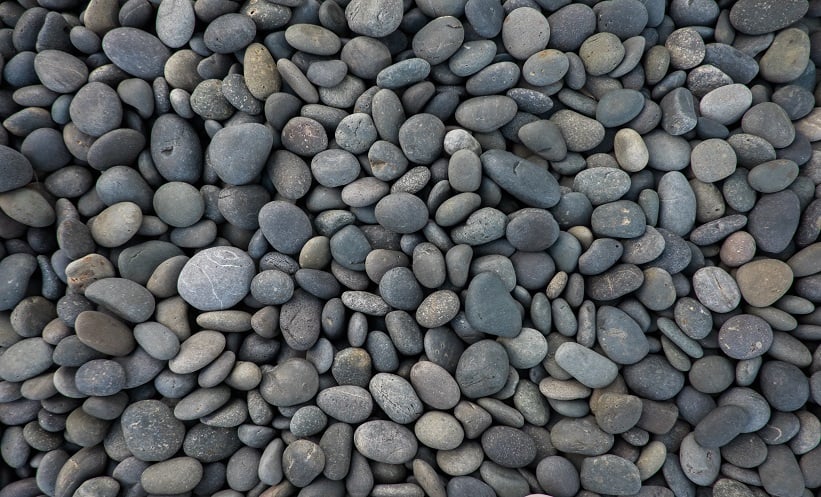KIDNEY stones are a major cause of morbidity and may be associated with a higher risk of cardiovascular disease and chronic kidney disease. Typically, changes in diet are prescribed to prevent recurrent symptomatic kidney stones.
Researchers have conducted a prospective study to compare the impact of dietary changes in people who experienced first-time symptomatic kidney stones versus controls, as well as among incident stone formers. Elucidating the dietary factors that influence kidney stone recurrence is important because it can help patients and practitioners know what to prioritise.
The team distributed a questionnaire to 411 incident symptomatic stone formers and a control group of 384 individuals who were seen at Mayo Clinic in Minnesota or Florida, USA, between 2009 and 2018.
Findings revealed that lower dietary calcium, potassium, caffeine, phytate, and fluid intake were associated with higher odds of experiencing an incident symptomatic kidney stone. Among incident stone formers, 73 experienced recurrent stones during a median 4.1 years of follow-up. Analysis showed that lower calcium and potassium intake were predictive of recurrence.
Senior author Andrew Rule, Mayo Clinic, highlighted the wider relevance of the research results: “These dietary findings may have particular importance because recommendations for preventing kidney stones have been based primarily on dietary factors associated with first-time rather than recurrent stone formation.” Rule continued: “Patients may not be likely to adjust their diet to prevent an incidence of kidney stones, but they are more likely to do so if it can help prevent recurrence.”
Fluid intake of less than 3,400 ml per day was associated with first-time stone formation, along with a lower intake of caffeine and phytate. Regarding symptomatic kidney stone recurrence, lower dietary calcium and potassium were more important predictors than fluid intake. First author Api Chewcharat, Mayo Clinic, emphasised: “This is not to say high fluid intake is not important. We just did not find benefits of increasing fluid intake among those patients with a history of kidney stone formation.”
Chewcharat concluded by encouraging patients to consume more fruits and vegetables that are high in calcium and potassium. Although the study did not recommend a daily intake level for potassium, a daily intake of 1,200 mg of calcium may help prevent first-time and recurrent kidney stones.








